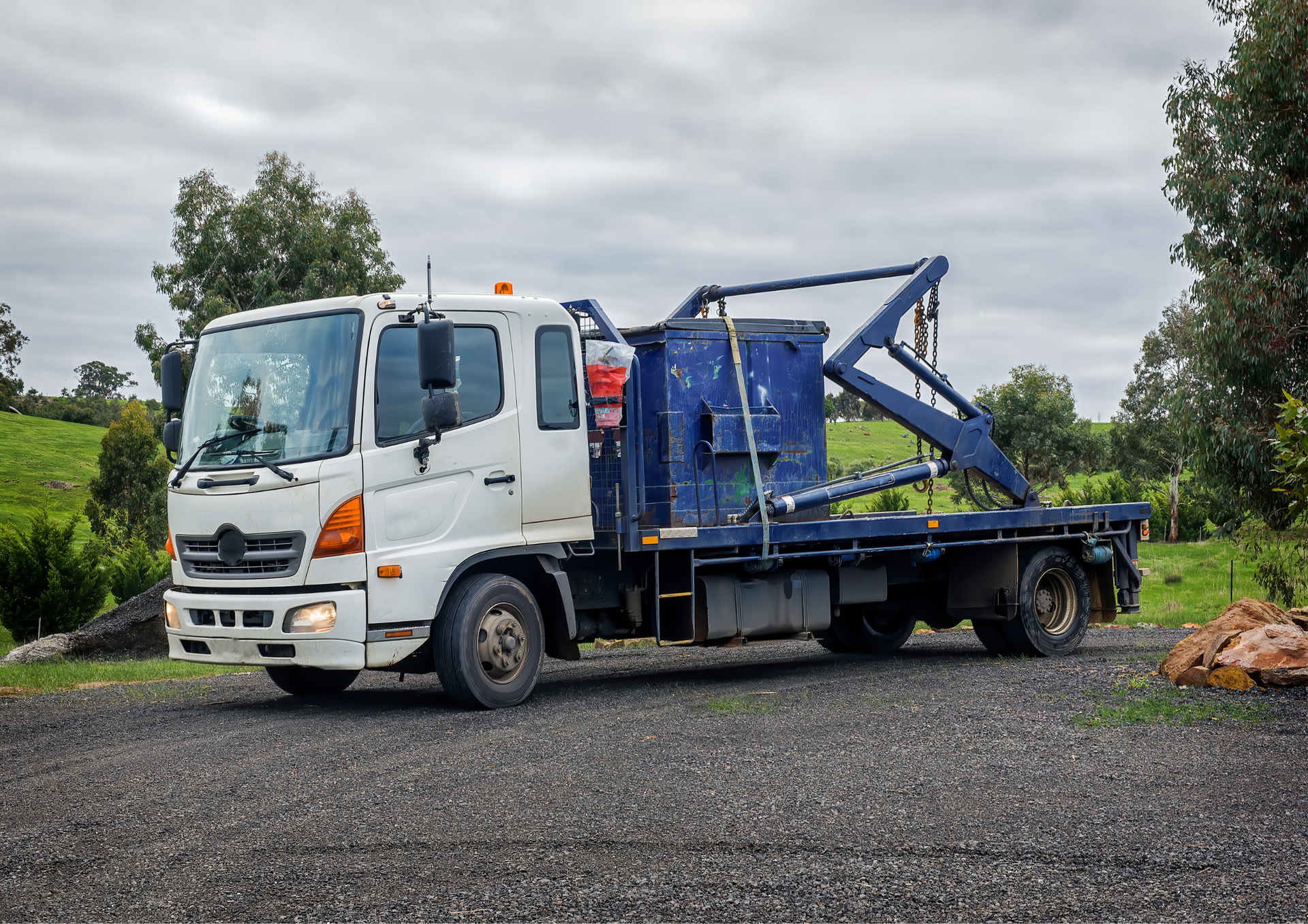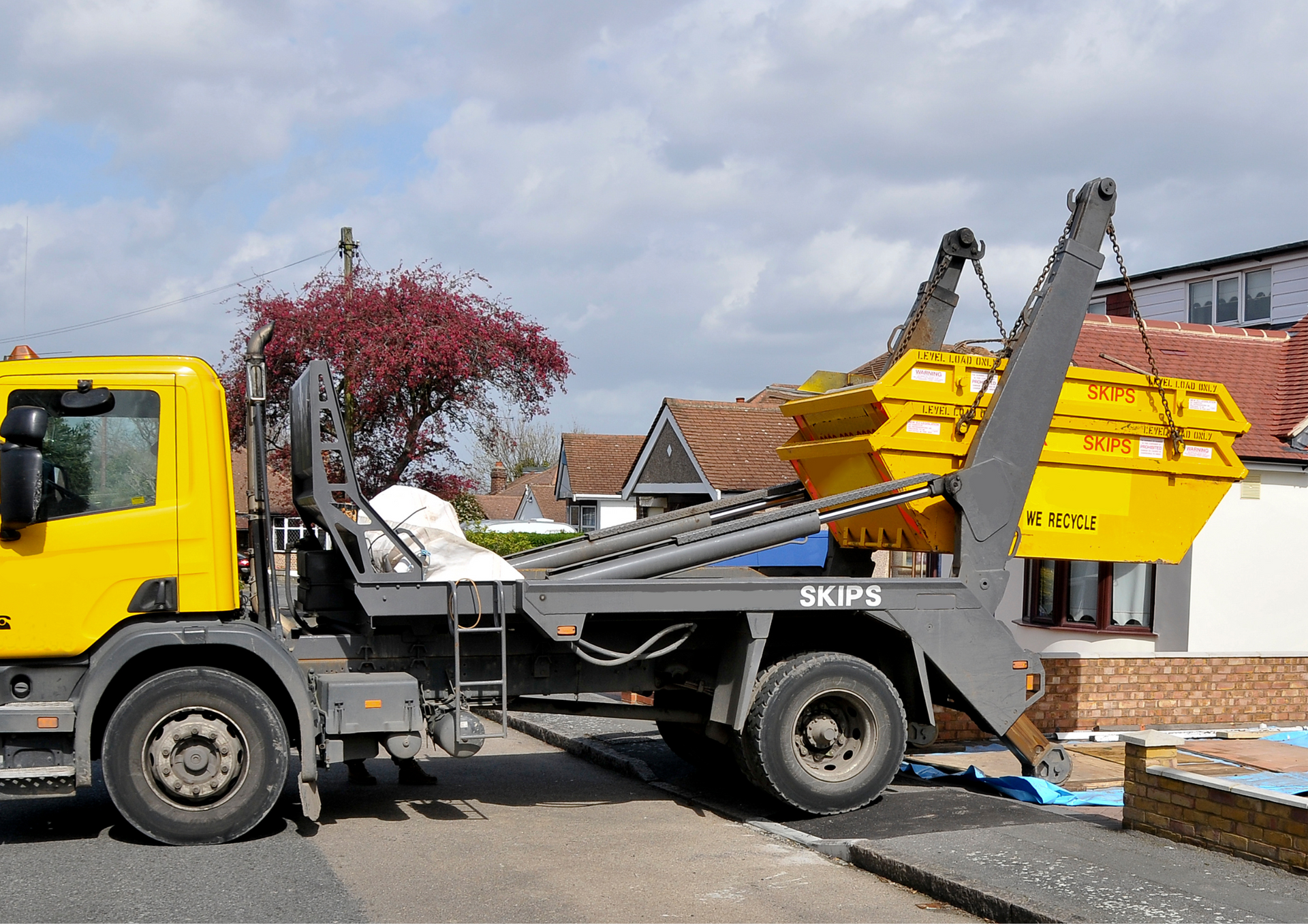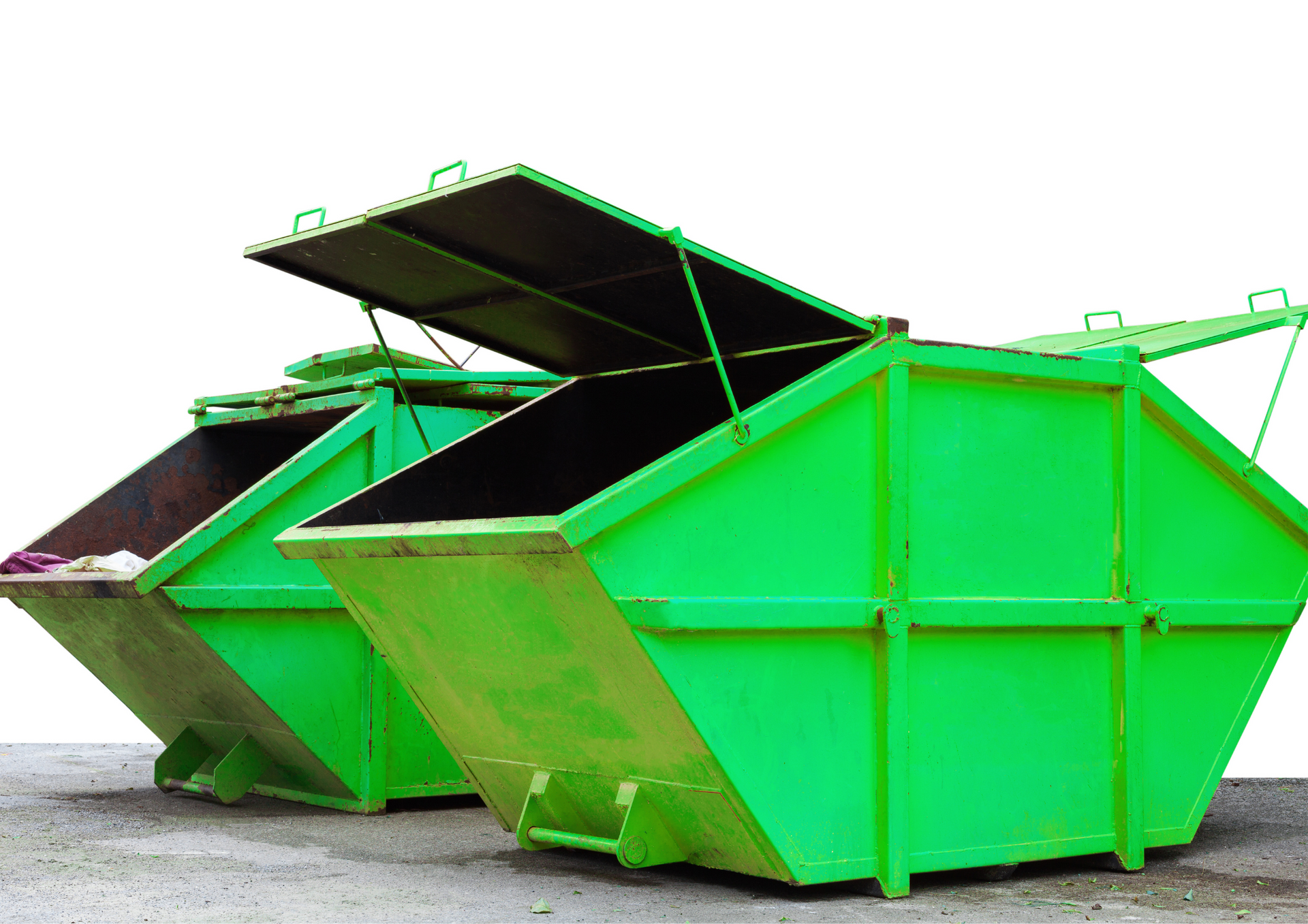What Can and Cannot Be Disposed of in Skips
When it comes to waste disposal, skips are one of the easiest and most efficient solutions. Whether you're clearing out your home, tackling a garden project, or managing waste from a renovation, hiring a skip can save you time and hassle. However, not everything can be thrown into a skip. Knowing what can and cannot go into skips is important—not just to avoid fines or legal issues but also to help protect the environment.
This guide will give you clear answers on what's allowed in skips and what isn't, so you can make the best use of your skip hire service while staying on the right side of the rules.
What Can Be Put in Skips
Skips are versatile and can handle many types of waste. Here's what you can safely and legally dispose of:
1. Household Waste
If you're decluttering or having a clear-out, skips are perfect for:
- Old furniture, like sofas, chairs, and tables
- Broken household items
- Carpets and rugs
- Non-hazardous plastic and packaging materials
2. Garden Waste
Garden projects generate a surprising amount of waste, all of which can go into a skip, including:
- Grass cuttings
- Leaves and branches
- Plants, flowers, and weeds
- Soil (but check with your provider as there might be limits on quantity)
3. Construction and DIY Waste
If you're working on a renovation or DIY project, skips can handle materials like:
- Bricks, rubble, and concrete
- Tiles and ceramics
- Wood and timber offcuts
- Scrap metal and piping
4. General Commercial Waste
Businesses often use skips for disposing of non-hazardous waste such as:
- Cardboard and packaging
- Paper waste (non-confidential documents)
- Light fixtures and old fittings
While this list covers the majority of acceptable items, it's always a good idea to confirm with your skip hire service, as rules can vary.
What Cannot Be Put in Skips
Not everything can be thrown into a skip. Some items are restricted by law, while others are simply unsuitable for general waste disposal. Here's what to avoid:
1. Hazardous Waste
Hazardous items pose risks to both people and the environment. These items must never go into a skip:
- Asbestos
- Paints, solvents, and thinners
- Oils, including cooking and engine oils
- Pesticides, herbicides, and other chemicals
Specialist disposal is required for hazardous materials.
2. Electrical Items (WEEE)
Electrical and electronic waste is subject to specific recycling rules, so items such as the following cannot go into skips:
- Fridges and freezers
- Washing machines and dishwashers
- TVs, computers, and other electronic devices
These items need to be taken to a recycling centre or disposed of by a WEEE-compliant service.
3. Medical or Clinical Waste
Items from medical or healthcare settings are also prohibited. This includes:
- Used needles, syringes, or medical equipment
- Bandages or other biological waste
These items must be handled by certified medical waste disposal services.
4. Tyres and Car Batteries
Tyres and car batteries contain materials that can harm the environment if not disposed of correctly. Most local recycling centres have specific facilities for these items.
5. Gas Cylinders and Explosives
Even empty gas cylinders can be dangerous due to the risk of explosion. These, along with fireworks or other explosives, must be disposed of through specialist services.
Why Certain Items Are Prohibited
Items are restricted from skips for good reason. Hazardous waste, for example, can harm people handling it or contaminate the environment. Electrical goods and batteries often contain toxic components like mercury or lead, which can leak into soil or water if not disposed of correctly. It's always better to err on the side of caution and check if you're unsure.
Legal and Environmental Consequences of Improper Disposal
Improperly disposing of waste in a skip can have serious consequences:
- Fines and Penalties: Disposing of restricted items could result in fines for both the person hiring the skip and the skip company.
- Environmental Harm: Certain items, like chemicals or electronics, can leak harmful substances into the ground, water, or air, leading to long-term damage.
- Safety Risks: Hazardous materials in skips can endanger the health and safety of waste handlers.
By using skips responsibly and following regulations, you help protect both the environment and those involved in waste disposal.
How to Ensure You Use Skips Properly
Here are some practical steps to make sure you use skips the right way:
1. Sort Your Waste
Before hiring a skip, take time to separate your waste. Group items into categories such as general waste, recyclables, and restricted items.
2. Check Your Skip Hire Provider's Guidelines
Reputable skip companies will provide you with a list of what's allowed and what's not. If you're unsure about anything, just ask.
3. Arrange Specialist Disposal for Prohibited Items
For restricted items like electronics or hazardous waste, find a recycling centre or specialist disposal service to handle them.
The Benefits of Using a Professional Skip Hire Service
Hiring a professional skip hire service makes waste disposal simple and stress-free. Here's why it's worth it:
- Convenience: You don't have to make multiple trips to the local tip or recycling centre.
- Compliance: A reputable service ensures your waste is disposed of legally and responsibly.
- Eco-Friendly Practices: Many skip hire companies focus on recycling as much waste as possible, reducing the impact on landfills.
- Custom Sizes: Skips come in different sizes to suit your needs, whether it's for a small household project or a large commercial job.
Knowing what can and cannot go into skips is key to managing your waste safely and legally. Whether you're clearing out your home, working on a renovation, or handling commercial waste, being mindful of these rules will save you time, money, and hassle. Always follow your skip provider's guidelines, and don't hesitate to ask if you're unsure about a specific item. For a simple, efficient, and reliable skip hire service, choose a professional provider like Skip Hire Derby. It's the stress-free way to get the job done right!
Skip Hire Derby stands out for our dedication to providing top-notch service and ensuring waste is handled responsibly. We've built our reputation on reliability, affordability, and eco-friendly practices. With years of experience in Derby, we offer tailored skip hire solutions to suit every project, big or small. Let us help you with all your waste disposal needs!
Check our new X update on what can and cannot be disposed in a skip.
You might also like
Service Areas
Give us a call today!




